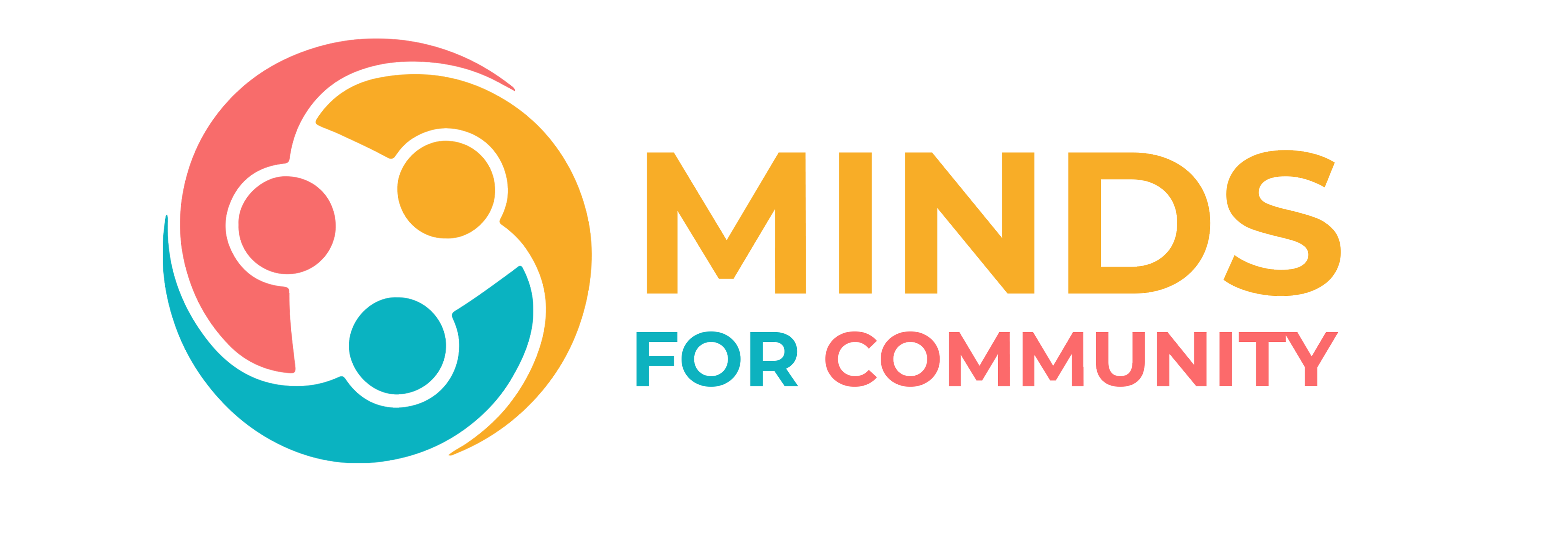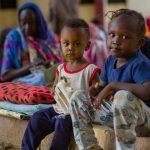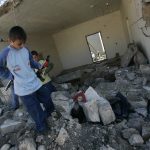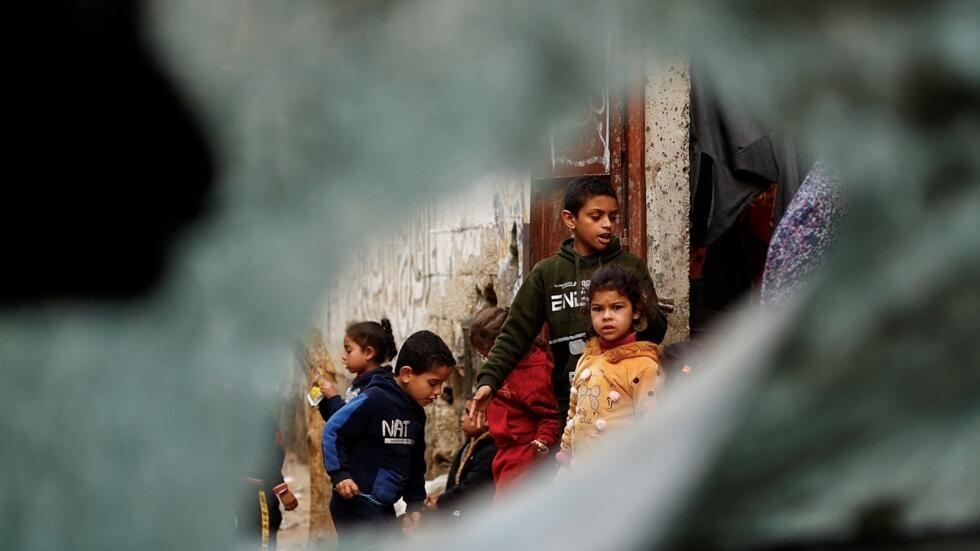“The humanitarian response of UNICEF and our partners — and thus the lives of all the children and their families in the Gaza Strip who depend on it — requires fuel. We need fuel to move lifesaving supplies – medicine, treatments for malnutrition, tents and water pipes – as well as staff to reach children and families in need. But the intensification of military operations in the Rafah area and the closure of key border crossings into southern Gaza have severed our access to fuel, threatening to grind humanitarian operations to a halt.
“The limited essential infrastructure in Gaza that remains at least partially functional also depends on fuel to provide lifesaving services. This includes the remaining hospitals and primary health care centres, water desalination plants and water wells, sewage pumps and solid waste collection – all of which could run out of fuel within days, if not hours.
“The situation is dire. If the Kerem Shalom and Rafah crossings are not reopened to fuel and humanitarian supplies, the consequences will be felt almost immediately: life support services for premature babies will lose power; children and families will become dehydrated or consume dangerous water; sewage will overflow and spread disease further. Simply put, lost time will soon become lost lives.
“I strongly urge the relevant authorities to provide humanitarian actors with actionable measures and concrete assurances to facilitate safe and secure movement of humanitarian cargo, via all routes, into and within the Gaza Strip.
“I am also deeply concerned about the movement of civilians in Gaza to unsafe areas. In response to evacuation orders in eastern Rafah, at least 80,000 people have reportedly fled the area, with many seeking shelter in Al-Mawasi and among the ruins of Khan Younis. We have been warning for months that Al-Mawasi is not a safe option. It is a narrow strip of beach on the coast that lacks the basic infrastructure – like toilets and running water – needed to sustain the population. Furthermore, most of the children in Rafah have already been displaced multiple times by the fighting, in direct contravention of their human rights and international humanitarian law.
“Finally, we have also been warning for months that any military escalation in Rafah would lead to even greater human suffering. And now, we are seeing that play out in real-time. Gaza’s children have suffered terribly in this war. More than 14,000 have reportedly been killed, according to the latest estimate by the Palestinian Ministry of Health. Thousands more have been injured or lost family members, loved ones or friends, while an estimated 17,000 children are unaccompanied or separated. Nearly all of Gaza’s children have been exposed to the traumatic experiences of war, the consequences of which will last a lifetime. Many are badly injured, exhausted, sick, malnourished, or traumatised. With this latest escalation in Rafah, they must now endure more pain and suffering.
“I implore the parties to the conflict to immediately cease hostilities, protect children and civilian infrastructure, release every remaining hostage, and give humanitarian actors the space and access necessary to safely roll out the massive, multi-agency response inside the Gaza Strip that is so desperately needed.”






